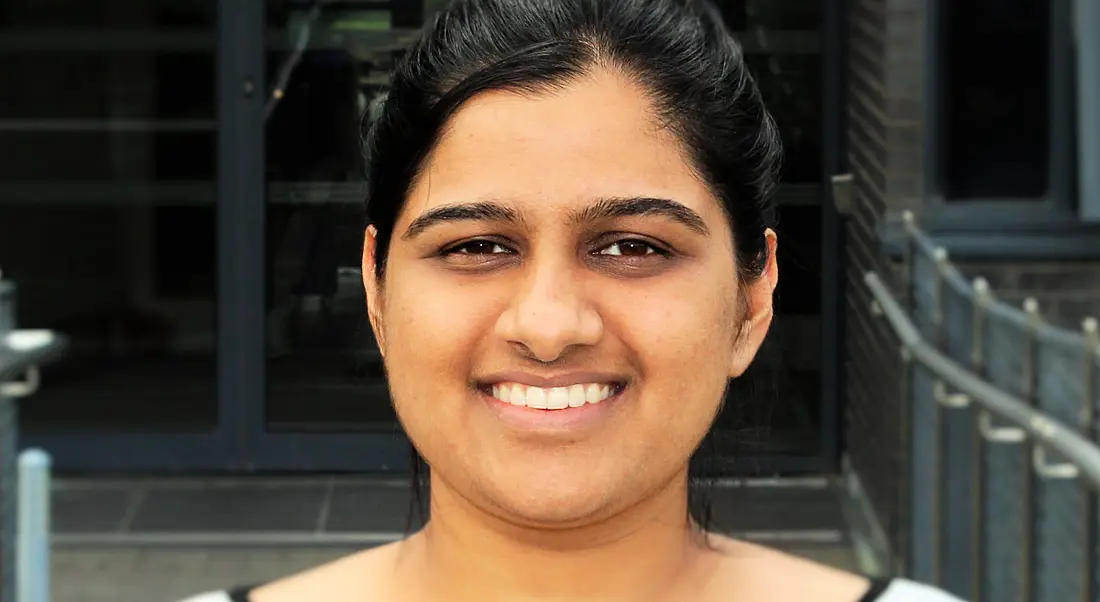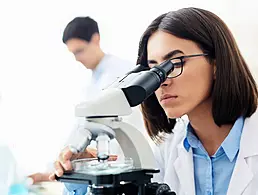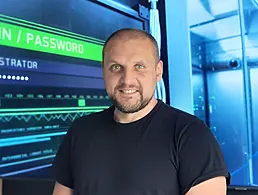There is great work being done in Irish research right now, and research roles are in high demand. But the area can be a little dense, and it’s hard to know what a researcher actually does from day to day.
Here, Kriti Bhargava, a PhD student at TSSG in Waterford, tells us about her daily work in research at the cutting edge of the internet of things (IoT).
What is your role within TSSG?
I am a second year PhD student with the data mining and social computing (DMSC) unit at TSSG. I am pursuing my PhD in the field of fog computing, under the supervision of Dr Stepan Ivanov and Dr Willie Donnelly.
Fog computing is a new paradigm in the internet of things, proposing a shift in intelligence away from the cloud and towards the edge of the network. In particular, we are looking at the analytics techniques that can be developed for the battery-powered wireless sensor devices constituting wireless sensor networks (WSN), and their applications in precision farming.
If there is such a thing, can you describe a typical day in the job?
For carrying out research, one of the major tasks for me is to read scientific papers from IEEE/ACM journals and conferences to uncover research problems. We address the typical needs and challenges in our area and work towards developing new algorithms for them.
Being involved with WSN, and as part of the DMSC unit, I also study different techniques for analysing the variety of data that comes from our sensors. We compile our work in the form of scientific papers that are submitted to different conferences and journals throughout the year.
Additionally, I am currently involved in a project for which I do code development.
What types of project do you work on?
I am currently working on a project titled ‘Using precision technologies, technology platforms and computational biology to increase the economic and environmental sustainability of pasture-based production systems’, which has received support from Science Foundation Ireland (SFI) and Teagasc as part of the SFI-Teagasc Future Agri-Food Partnership.
The team is, in particular, working on three aspects of the project:
1. The development of a universal sensor system to monitor farm conditions, and animal health and mobility
2. Wireless sensor communication techniques and policy logic
3. Predictive analytics for data inferencing and forecasting.
What skills do you use on a daily basis?
Programming is a prerequisite for any computer science researcher, as it enables us to develop our own systems.
Apart from that, scientific writing is a major skill required for all researchers – it is one thing to get an idea for work, but to be able to communicate it to the research community in the desired way is a challenge.
Understanding of what kind of analysis is needed for different data and comfort in working with tools for data analysis are also desirable skills.
What is the hardest part of your working day?
Identifying and solving research problems in our area.
Correct identification of a problem is the first step towards solving it. The solutions must be resource efficient and easy to implement. Moreover, they should not be area-specific and must meet the needs of a larger market.
Do you have any productivity tips that help you through the day?
Morning coffee!
Time management is key. We usually have tasks that need to be done in parallel. Efficiently dividing your day into different kinds of tasks is crucial. That way, you don’t keep looking at the same thing for the entire day, but move forward on all the different tasks at hand.
Moreover, coming back to work the next day, with a fresh mind, can bring in new perspectives.
When you first started this job, what were you most surprised to learn was important in the role?
Being from a computer science background, I presumed that most of my work in the project would revolve around developing algorithms and software systems, but I also had to learn a lot of things from the hardware side to build our own prototype system for WSN. I had not expected that I would be dealing with issues in hardware and learning about their protocols. Nonetheless, the experience has been great and I have learned a lot in my journey so far – including soldering.
How has this role changed as the research sector has grown and evolved?
With the rapid advances in technology, the nature of research is changing from being theoretical to producing practical solutions. There are new areas where you still have blue-sky research, but a lot of emphasis these days is on building solutions that can be immediately deployed and verified in real-life situations. For instance, in our case, WSN research has gone from proposing new algorithms for communication to actually deploying solutions for real-time monitoring of our environment.
What do you enjoy most about the job?
Every day is a new challenge at work and I love that about my job.
I enjoy reading scientific papers to know what the research groups around the world are doing, and thinking of new solutions to put the cutting-edge technology out there to make our farms smarter.
I have, surprisingly, started to like working with the sensor devices, and run our codes on it for data collection. I do like data mining, but I am yet to venture into it in greater detail.
Looking for jobs in tech or science? Check out our Employer Profiles for information on companies hiring right now.




